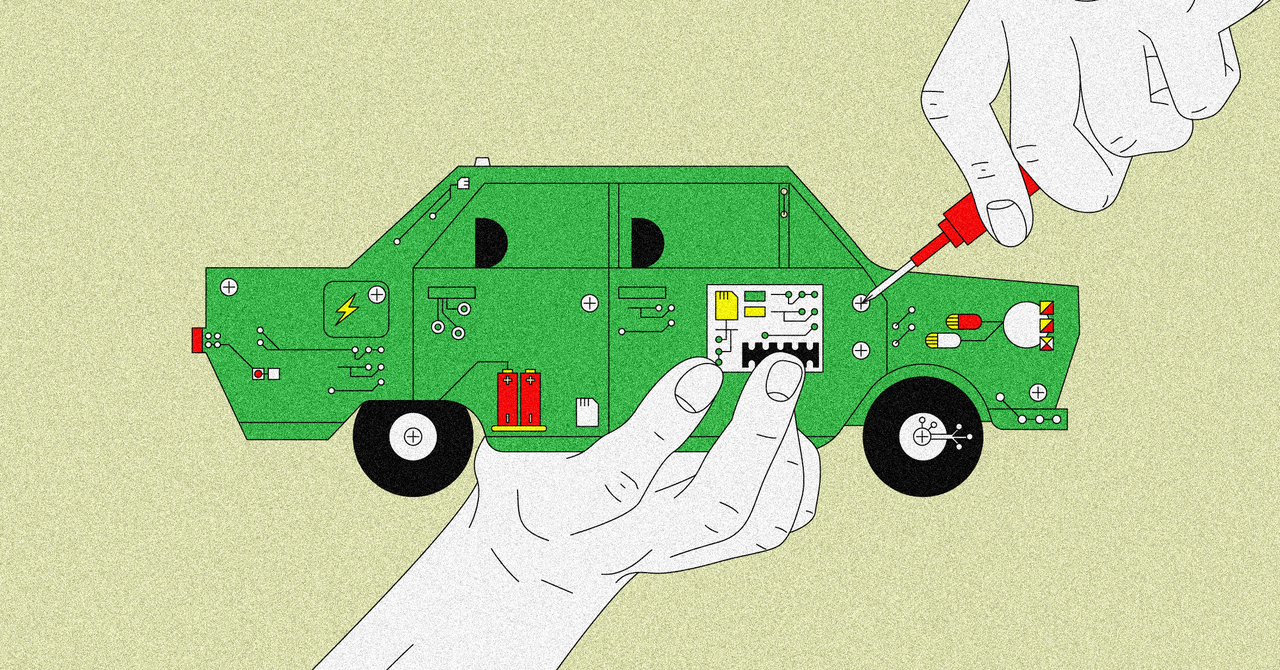rumors about a Apple’s electric car project has long excited investors and iPhone enthusiasts. Nearly a decade after the details of the project were leaked, the Cupertino mobile remains mythical, but that hasn’t stopped other consumer electronics companies from moving forward. On the other side of the world, people will soon be able to order a vehicle from the Taiwanese company that mastered the manufacture of Apple gadgets in China. Welcome to the era of the Foxconn mobile.
In October 2021, Hon Hai Technology Group, better known internationally as Foxconn, announced plans to produce three of its own electric vehicles in partnership with Yulon, a Taiwanese automaker, under the name Foxtron. Foxconn, best known for assembling 70 percent of iPhones, has similar ambitions for the auto industry: to become the manufacturer of choice for an entirely new kind of car. To date, it has signed agreements to make cars for two US-based EV startups, Lordstown Motors and Fisker.
Foxconn’s own vehicles — a hatchback, sedan and bus — don’t exactly ooze Apple chic, but they represent a quantum leap for the consumer electronics manufacturer. Foxconn’s ambitious expansion plan also reflects a greater shift in the automotive world, in terms of technology and geography. The US, Europe and Japan have defined what cars are for the past 100 years. Now the changing nature of the car, with increased electrification, automation and autonomy, means that China can increasingly decide what car making is.
If Foxconn succeeds in building a major car company, it would help China become an automotive epicenter capable of eclipsing the conventional superpowers of the US, Germany, Japan and South Korea. Foxconn did not respond to requests for an interview.
The automotive industry is expected to undergo major transformations in the coming years. An October 2020 report from McKinsey concluded that automakers will devise new ways to sell vehicles and monetize through apps and subscription services. In some ways, the car of the future sounds an awful lot like a smartphone on wheels.
That’s partly why there’s no better time than now for an electronics manufacturer to try making cars, says Marc Sachon, a professor at IESE Business School in Barcelona who studies the auto industry. Electric vehicle powertrains are simpler than internal combustion, with fewer components and fewer assembly steps. The EV supply chain is easier to manage than the conventional supply chain, one of the core competencies of established automakers. China, Sachon adds, has a strong EV ecosystem, from batteries to software and even component manufacturing.
China is particularly well positioned to lead the way towards electrification. The country already has some of the world’s most advanced battery manufacturers, including CATL and BYD, the latter of which also produces cars. Automakers in the region can gain an edge in understanding and using new battery technologies simply because of proximity – much in the same way that software companies benefit from close ties to chip design companies.

